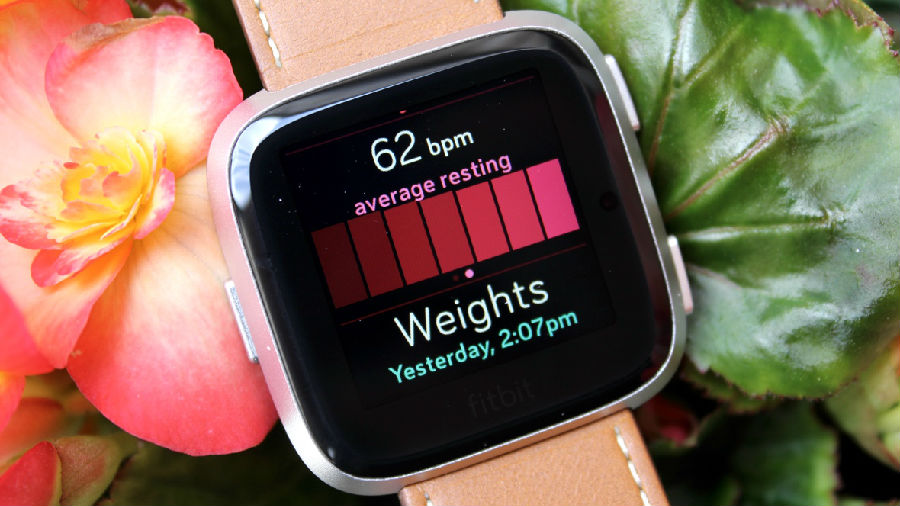There is a long tradition of employers taking an overly paternalistic attitude towards their staff.
雇主们对他们的员工采取过度的家长式作风是长期以来的一个传统。
Titus Salt, a Victorian philanthropist, built a model village for his workers but banned alcohol from the village, smoking on the pathways and "loud behaviour".
维多利亚时期的慈善家泰特斯·索尔特为他的员工们建了一座模范村,但村子里禁止饮酒,街道上禁止抽烟以及“喧闹行为”。
Henry Ford, the car maker, had a "sociology department" that would make unscheduled calls on workers to monitor their lifestyles;
汽车制造商亨利·福特有一个“社会学部门”,这个部门会不定时给员工打电话监督他们的生活方式;
those who failed to make the grade were paid lower wages.
那些没能达到标准的员工拿的工资会更少。
The modern equivalent of those practices revolves around technology.
而在现代类似的做法都是围绕科技进行。
Some companies persuade their workers to wear a Fitbit or other device to monitor things such as their level of exercise, heart rate and sleep patterns.
一些公司让他们的员工佩戴Fitbit智能手环或其他设备以监控他们的运动等级、心率和睡眠模式等。
BP America introduced Fitbits in 2013. Those who reach certain goals, such as walking 1m steps a year, qualify for extra health benefits.
英国石油公司美国分公司在2013年引入Fitbit智能手环。那些达到某些目标的员工,如一年走路百万步,可获得额外的健康奖励。

In a health system dependent on private insurance, there may be a case for giving workers such incentives, provided take-up is voluntary.
在依赖于商业保险的医疗体系中,或许有为员工提供这种激励的例子,假设佩戴设备是自愿参与的话。
There is a parallel with car insurance, where vehicle owners pay lower premiums if they are willing to have their driving monitored.
汽车保险中有类似的情况,如果车主愿意让自己的驾驶被监控,那么他们就可以支付较少的保险费。
But there is less excuse in a country like Britain, which has a public health service.
但是在像英国这样拥有公共卫生署的国家,理由就少了。
Nevertheless, research published in 2017 showed there had been a 37% leap in the share of British workers who had been offered a wearable device by their employer.
虽然如此,2017年发布的研究表明英国员工佩戴雇主提供的可穿戴设备的份额上涨了37%。
Many people, however, will regard these as a spy on their wrists, transmitting information back to the boss.
但很多人将这些设备看做是戴在手腕上的间谍,会将他们的信息传送给了雇主。
A PWC survey in 2016 found that 38% of British employees did not trust their firms to use the data collected in a way that workers would benefit.
2016年普华永道的一项调查发现38%的英国员工不相信他们的公司会以一种让员工受益的方式使用收集到的数据。
At least you can take a Fitbit off (and some workers have reportedly strapped them to their dogs to boost their activity scores).
至少你可以把你的Fitbit智能手环取下来(并且据报道称,一些员工将设备绑在他们狗狗身上以提高他们的活跃值)。
A few firms, such as Mindshare, a media agency in Sweden, and Three Square Market, a tech firm in Wisconsin, have already moved on to the next stage:
几家公司,如瑞典的一家媒体机构Mindshare以及威斯康星州的一家科技公司Three Square Market已经进行到了下一步:
implanting a chip under a worker's skin. Employees gain a way to open doors and pay for meals in the canteen, but what do they lose in return?
在员工的皮肤下植入芯片。员工获得了一种开门和在食堂支付午餐的方式,但是作为回报,他们失去了什么?
There is nothing wrong with employers offering a bit of fitness coaching. But nobody wants their boss to turn into a stalker.
雇主提供一些健身辅导并无过错,但是没人想让他们的老板变身成一个跟踪狂。
译文由可可原创,仅供学习交流使用,未经许可请勿转载。













